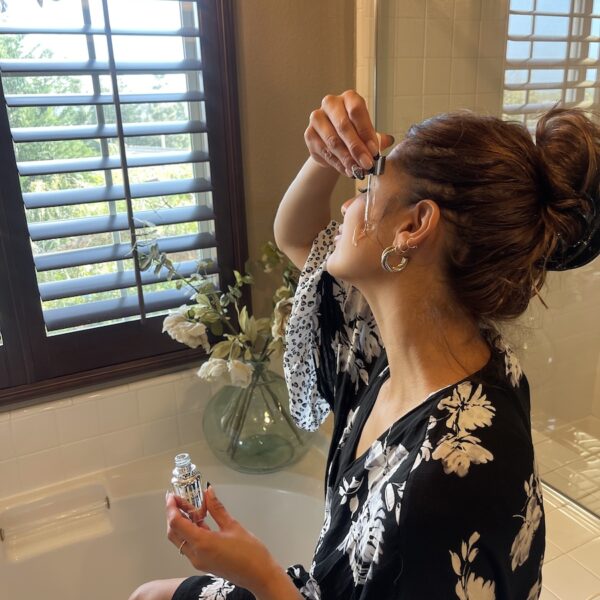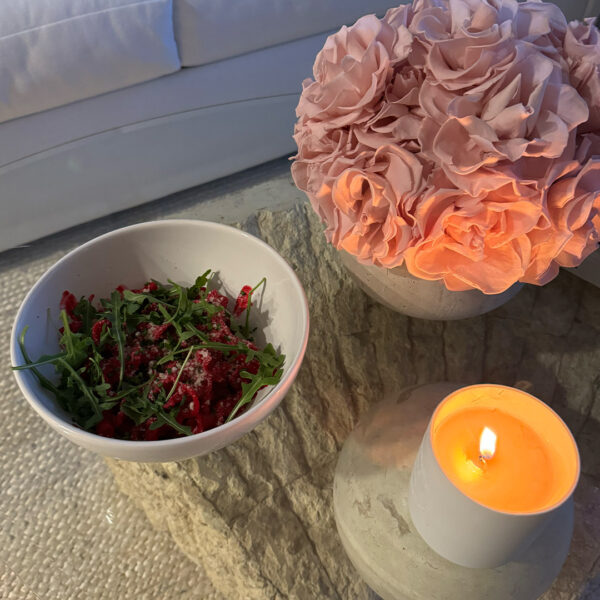Do you struggle with prioritizing your needs Do you find yourself jumping through hoops to avoid disappointing others? Is it a challenge to trust yourself and know what you really want in the moment?
If any (or all) of the above resonates, you may already identify as a people pleaser. What’s less discussed about such behaviors is that they could be symptomatic of fawning, a traumatic stress response.
“Fawning,” a term coined by Pete Walker, a psychotherapist who wrote Complex PTSD: From Surviving to Thriving, describes appeasing others while repressing one’s own feelings, thoughts, and needs. According to Pete, this is an adaptive behavior that most likely developed during childhood in order to stay attached to caregivers who may have been critical, controlling, dismissive, emotionally distant, stressed, or abusive.
In adulthood, fawning can lead to poor boundaries, perfectionism, resentment, and potentially chronic disease. If you’re a fawner, don’t blame yourself. Fawning is not a choice so much as it is an automatic nervous system response to stress—the threat of being disconnected. The good news is that we can rewire ourselves and generate new ways of being and belonging now.
Here’s how:
1. Clarify who you want to be and how you want to show up.
Because fawners are generally sensitive to other people’s emotions, they can be less attuned to their own.
Take time to go within and consider what you really, really want. How do you want to feel? When you’re most alive and your heart is singing, who are you being? Check out this free exercise to guide you in defining your vision of success.
2. Set microdose boundaries.
Boundaries aren’t just saying no. In fact, they’re more about saying yes to what’s important—your vision of who you want to be! It can feel scary to set boundaries, so I encourage my clients to microdose their way.
Start small by practicing with people you feel comfortable with in low-stake situations. Also, consider delaying your agreeability. When you get a request, ask for time to think about it by saying, “Thanks for asking me to join this event. Can I get back to you tomorrow? I want to check my schedule.” This gives you space to make a conscious decision.
3. Complete your stress cycle.
Often fawners don’t even realize they’re having a stress response. In fact, the body may be so chronically stressed that it feels normal. Consider what physical strategies support you in switching off your sympathetic nervous system (fight-or-flight response) and turning on your parasympathetic nervous system (rest-and-digest mode). Exercise, breathing, nature walks, being with a friend, petting an animal, and laughing help signal your body that you’re safe. When it comes to stress, we can’t just tell ourselves that it’s okay. We have to embody it.
Fawning is a stress response that stems from a trauma. Trauma occurs when you go through an overwhelming or difficult event and are left to deal with it alone.
The answer is togetherness. Our nervous systems are constantly in dialogue with one another. Working with a therapist or coach who is trained in this area can help you feel safe in dislodging old patterns while creating new ways of being.
Stella Grizont is an executive coach, positive psychology expert, and speaker. She is the best-selling author of The Work Happiness Method: Master 8 Skills to Career Fulfillment.
The content provided in this article is provided for information purposes only and is not a substitute for professional advice and consultation, including professional medical advice and consultation; it is provided with the understanding that Poosh, LLC (“Poosh”) is not engaged in the provision or rendering of medical advice or services. The opinions and content included in the article are the views of the author only, and Poosh does not endorse or recommend any such content or information, or any product or service mentioned in the article. You understand and agree that Poosh shall not be liable for any claim, loss, or damage arising out of the use of, or reliance upon any content or information in the article.
Up next, be the first to know our weekly content and sign up for our Poosh newsletter.






































